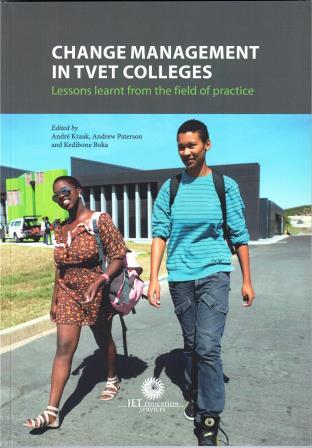
Le Centre International UNESCO-UNEVOC: Qui nous sommes | Ce que nous faisons | Nous rejoindre | Nous contacter
Le Réseau UNEVOC: En savoir plus sur le Réseau | Répertoire du Réseau UNEVOC
Espace Membres: Tableau de bord du Centre UNEVOC
Domaines thématiques: Inclusion et jeunes | Innovation et avenir de l'EFTP | Engagement du secteur privé | Les ODD et l'écologisation de l'EFTP
Nos programmes et projets clés: BILT: Connecter innovation et apprentissage | Renforcer la résilience de l’EFTP | Programme pour le leadership en EFTP | Journée mondiale des compétences des jeunes
Activités passées: Réponse COVID-19 | i-hubs: Former des pôles d'innovation | Forums mondiaux de l'EFTP | Conférences virtuelles | YEM Portail de connaissances
Nos services et ressources: Publications | Forum TVET | Profils nationaux d'EFTP | Glossaire TVETipedia | Pratiques prometteuses | Toolkits for TVET Providers | Formation à l’entrepreneuriat
Journal et événements: Grandes Manifestations EFTP | Journal UNEVOC

| Author/s: | André Kraak, Andrew Paterson and Kedibone Boka (eds.) |
| Éditeur: | Jet Education Services |
| Publié: | 2016 in South Africa |
| Licence: | CC BY |
The Technical and Vocational Education and Training (TVET) colleges environment is marked by increasingly stark juxtapositions between what needs to be achieved in the post-school education sector and the increasing difficulty of current conditions. The ‘triple challenge’ of poverty, inequality and unemployment’ weighs heavily on the social, political and economic fabric of the country and expectations are high that the TVET colleges can make a pivotal contribution to counter these challenges
There is huge pressure to accommodate enrolment in colleges. In 2014, 71.3% of all unemployed people in South Africa were in the youth age group from 15 to 34 that is the biggest source of demand for post-school education. This amounts to more than 3.7 million people.
The TVET colleges are in a phase of unprecedented enrolment growth. Head count students numbers have risen from 325 000 in 2010 to 725 000 in 2015 and with a further substantial increase to 1 200 000 mooted by 2019. These figures are highly impressive as they stand.
Despite laudable increases in TVET enrolment, the education system needs to work harder to accommodate weight of demand for post school FET band qualifications from young people not in education, employment or training. At the same time it is vital to secure adequate quality in TVET programs which depend so much on the competence and commitment of college lecturers.
This collection introduces the following papers: